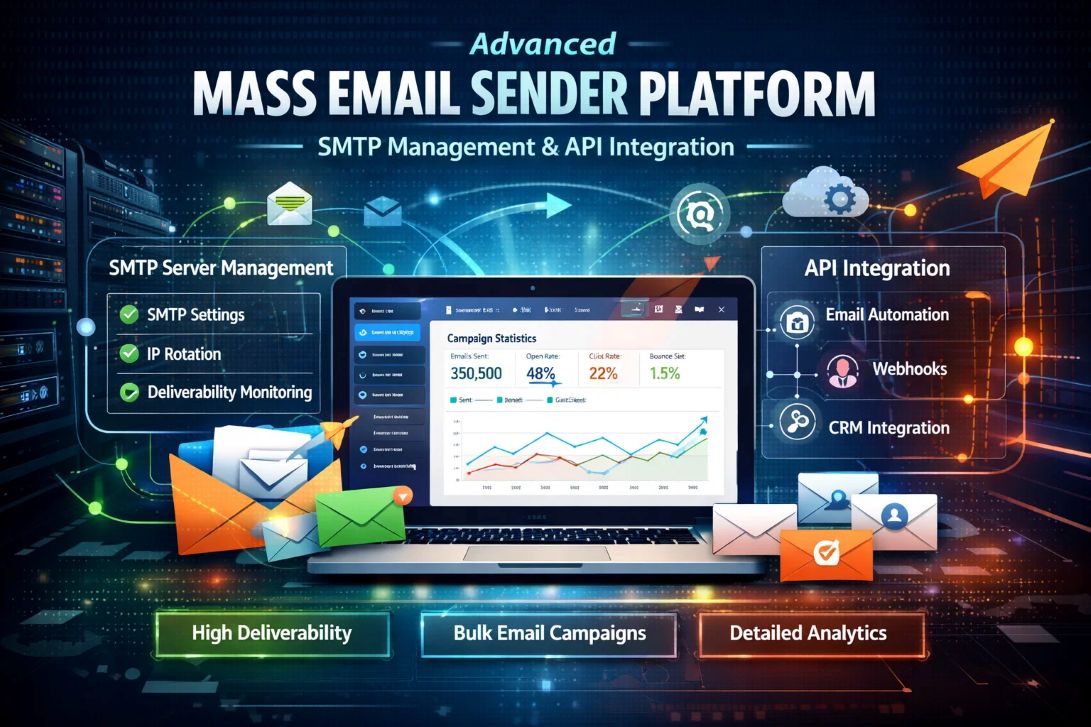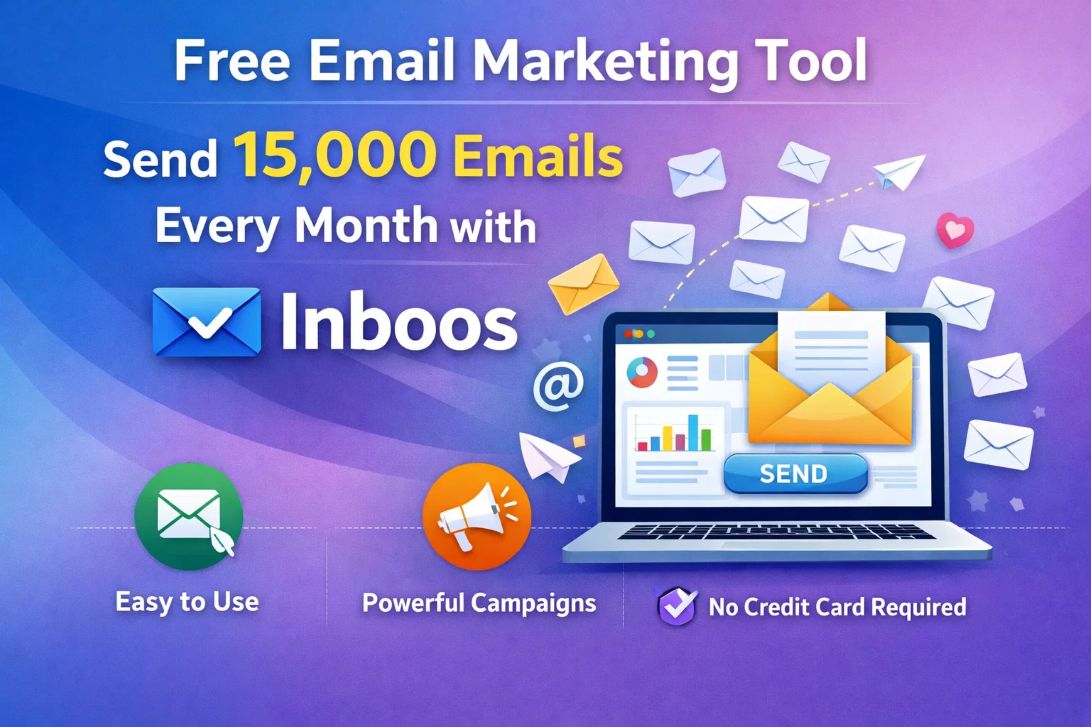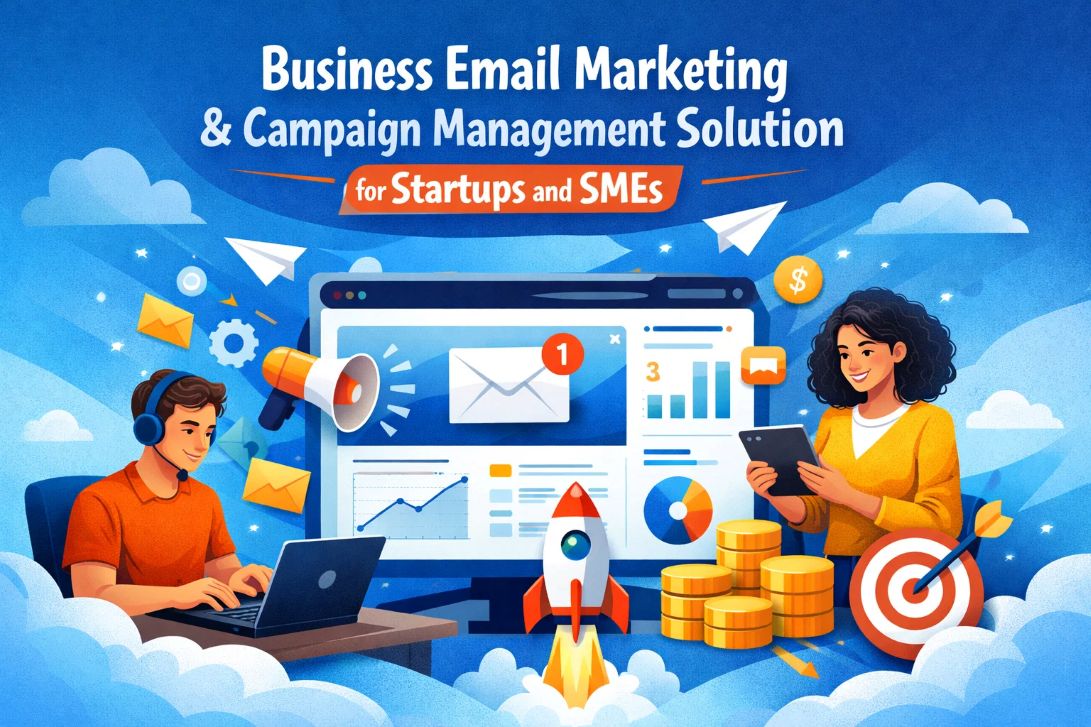Email is still the backbone of digital communication—but it’s also one of the easiest channels to exploit. From phishing scams to spoofed domains, attackers are constantly evolving. That’s why email authentication using SPF and DKIM is essential. And now, with AI-powered platforms, businesses can automate and optimize these protocols for better security, compliance, and deliverability.
Table of Contents
ToggleIn this guide, we’ll break down how AI works with DKIM and SPF records, the common problems businesses face, and how to fix them—step by step.
What Are SPF and DKIM Records?
Before diving into AI, let’s understand the basics:
- SPF (Sender Policy Framework): This record tells receiving servers which IP addresses are allowed to send emails on behalf of your domain. It helps prevent spoofing.
- DKIM (DomainKeys Identified Mail): DKIM adds a digital signature to your emails. It verifies that the message hasn’t been altered and confirms it came from your domain.
Together, SPF and DKIM help email providers decide whether your message is trustworthy. But setting them up manually can be tricky—and that’s where AI comes in.
Problem 1: Misconfigured SPF Records
Many businesses unknowingly publish incorrect SPF records. This leads to:
- Emails landing in spam
- Failed authentication checks
- Poor sender reputation
Solution: AI-powered platforms automatically detect misconfigurations and suggest corrections. They analyze your sending sources and generate optimized SPF records that include all authorized IPs and services.
Step-by-Step Fix:
- Use an AI email platform like Inboos
- Scan your domain for existing SPF records
- Let AI identify missing or incorrect entries
- Update your DNS with the corrected SPF record
- Test using tools like MXToolbox or built-in diagnostics
Problem 2: Missing or Invalid DKIM Signatures
Without DKIM, your emails lack proof of authenticity. Common issues include:
- No DKIM record published
- Incorrect key length or syntax
- Signature mismatch due to third-party tools
Solution: AI systems generate valid DKIM keys, publish them to your DNS, and sign outgoing emails automatically. They also monitor signature integrity across campaigns.
Step-by-Step Fix:
- Generate DKIM keys using your email platform
- Publish the public key in your DNS
- Ensure your sending service signs emails with the private key
- Use AI to monitor DKIM pass/fail rates
- Reissue keys if signature errors persist
Problem 3: Emails Failing Authentication Despite Correct Setup
Even with SPF and DKIM in place, emails can still fail due to:
- Misaligned domains
- Forwarding issues
- Missing DMARC policy
Solution: AI analyzes header alignment and DMARC compliance in real time. It flags inconsistencies and helps you enforce proper policies.
Step-by-Step Fix:
- Set up a DMARC record with a “none” policy to start
- Use AI to collect and analyze DMARC reports
- Identify alignment issues between SPF/DKIM and “From” domain
- Adjust sending behavior or update records
- Gradually move to “quarantine” or “reject” policy for full protection
Problem 4: Manual Monitoring Is Time-Consuming
Tracking authentication results manually across thousands of emails is inefficient and error-prone.
Solution: AI platforms offer dashboards that visualize SPF/DKIM/DMARC performance, sender reputation, and deliverability metrics—all in one place.
Step-by-Step Fix:
- Connect your domain to an AI-powered email platform
- Enable real-time monitoring and alerts
- Review authentication trends weekly
- Let AI auto-resolve minor issues
- Focus your team on strategy, not troubleshooting
Problem 5: Compliance Risks in Bulk Email Campaigns
Sending bulk emails without proper authentication can violate regulations like GDPR, CAN-SPAM, and CASL.
Solution: AI ensures every email meets compliance standards by validating headers, sender identity, and opt-in status before sending.
Step-by-Step Fix:
- Use verified sending domains
- Authenticate every email with SPF and DKIM
- Monitor opt-in and unsubscribe behavior
- Let AI enforce regional compliance rules
- Keep audit logs for legal protection
How AI Enhances Email Security and Deliverability
Here’s what AI brings to the table:
- Real-time SPF/DKIM/DMARC validation
- Predictive threat detection
- Auto-correction of DNS records
- Header-level diagnostics
- Compliance enforcement across regions
- Scalable infrastructure for bulk email
Platforms like Inboos integrate these features to ensure your emails are secure, compliant, and inbox-ready—whether you’re sending 10,000 or 10 million.
Benefits of Using AI with SPF and DKIM
- ✅ Higher inbox placement
- ✅ Stronger sender reputation
- ✅ Reduced spoofing and phishing risk
- ✅ Automated compliance
- ✅ Faster troubleshooting
- ✅ Better campaign performance
Email authentication isn’t just a technical checkbox—it’s a strategic layer of trust. With AI, businesses can automate SPF and DKIM management, monitor authentication health, and protect their brand from threats. Whether you’re a marketer, IT lead, or founder, investing in AI-powered email security is no longer optional—it’s essential.
Ready to secure your emails with AI? 👉 Explore smarter sending at https://inboos.com
📩 Have Questions or Need Expert Help?
Our team is here to make your email marketing, bulk emailing, and mass emailing effortless and effective.
🚀 Let’s boost your deliverability, scale your outreach, and unlock better results!
👉 📌 Contact Us Today
 logo
logo




